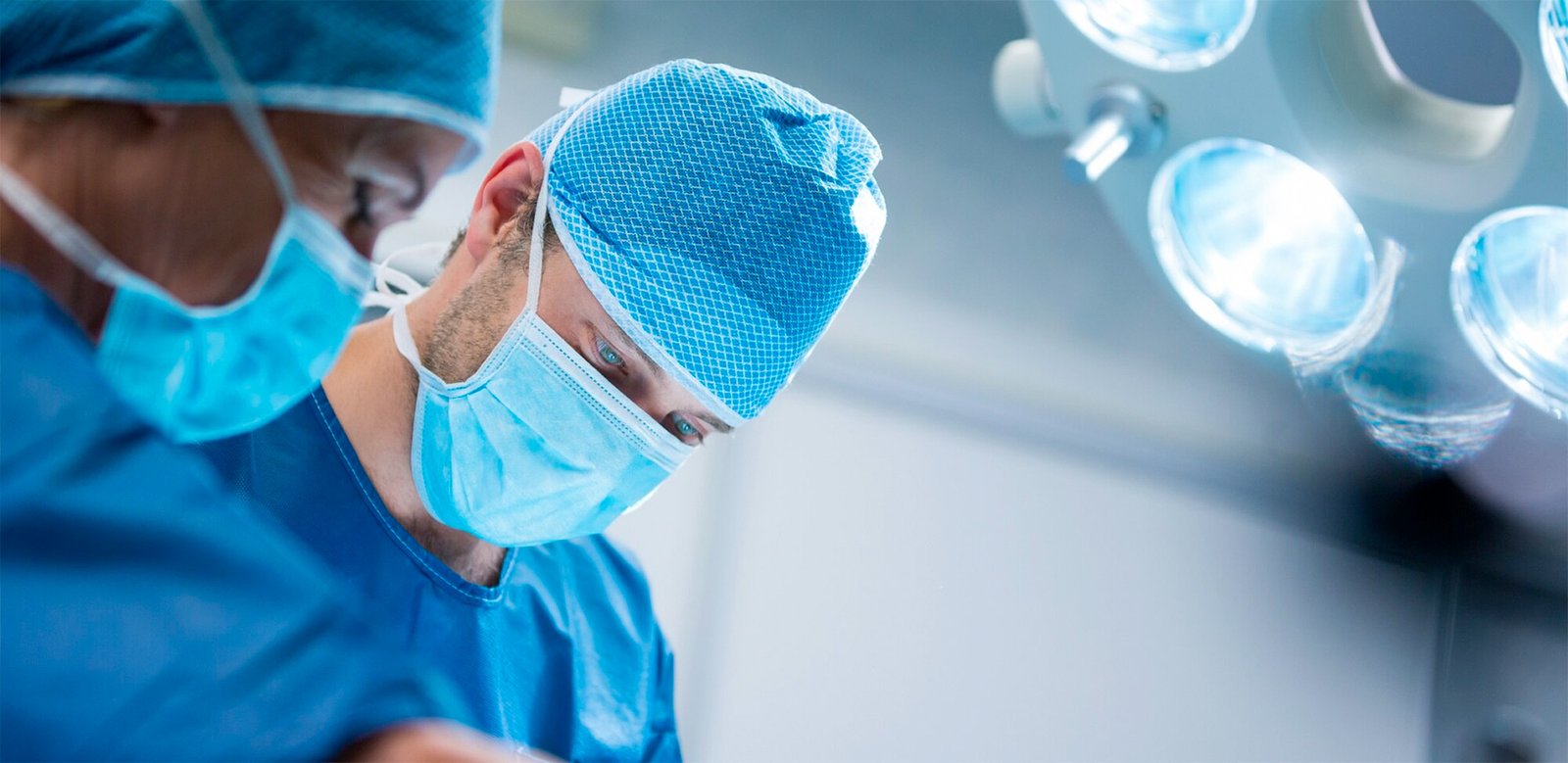Nouveau billet pour le Dr. Cuno.
Voici une liste des les meilleurs moyens de réduire l'enflure après une rhinoplastie-surtout au cours des premières semaines :
- Compresses froides (48 premières heures)
- Le mieux est d'utiliser des gazes froides imbibées de sérum physiologique froid provenant du réfrigérateur.
- Appliquez-le sur votre joues, pas directement sur le nezLe temps d'attente est de 10 à 15 minutes à la fois.
- Cela permet de réduire l'inflammation et l'inconfort dès le début.
- Dormir la tête surélevée
- Gardez votre tête surélevée avec 2-3 oreillers ou utiliser un oreiller de compensation.
- Faites-le pendant au moins 1-2 semaines après l'opération.
- Le fait de se coucher à plat peut augmenter le flux sanguin vers le visage et aggraver le gonflement.
- Restez hydraté
- Boire beaucoup d'eau-Il aide à éliminer les toxines et soutient le processus de guérison de l'organisme.
- Évitez les aliments salés, qui peuvent entraîner une augmentation du taux de cholestérol dans l'organisme. retenir l'eau et augmentent l'enflure.
- Mouvement doux
- La marche légère peut favoriser la circulation et réduire l'accumulation de liquide.
- Évitez tout effort pendant quelques semaines, mais ne restez pas allongé toute la journée.

- Manger des aliments anti-inflammatoires
- Pensez-y : ananas (contient de la broméline)Les légumes verts à feuilles, les baies, le curcuma et le gingembre.
- Évitez l'alcool, la caféine et les aliments trop transformés au début de la guérison.
- Suivez les médicaments prescrits par votre chirurgien
- Certains peuvent recommander arnica montana ou suppléments de bromélaïne (anti-inflammatoires naturels).
- Ne prenez que des médicaments ou des suppléments approuvés par votre chirurgien.
- Éviter la chaleur et l'exposition au soleil
- La chaleur peut provoquer une dilatation des vaisseaux sanguins et aggraver le gonflement.
- Portez toujours crème solaire et éviter la lumière directe du soleilsurtout pendant les premiers mois.
- Ne vous mouchez pas et ne vous penchez pas
- Ces deux actions augmentent la pression dans le visage et peuvent aggraver l'enflure ou même affecter vos résultats.
- Être patient
- Le gonflement final, en particulier au niveau de la pointe, peut prendre mois pour une résolution complèteLa durée de vie d'un produit peut varier d'une année à l'autre, voire d'un an pour certains.
- Il est normal que votre nez se modifie subtilement au fur et à mesure de la cicatrisation.




